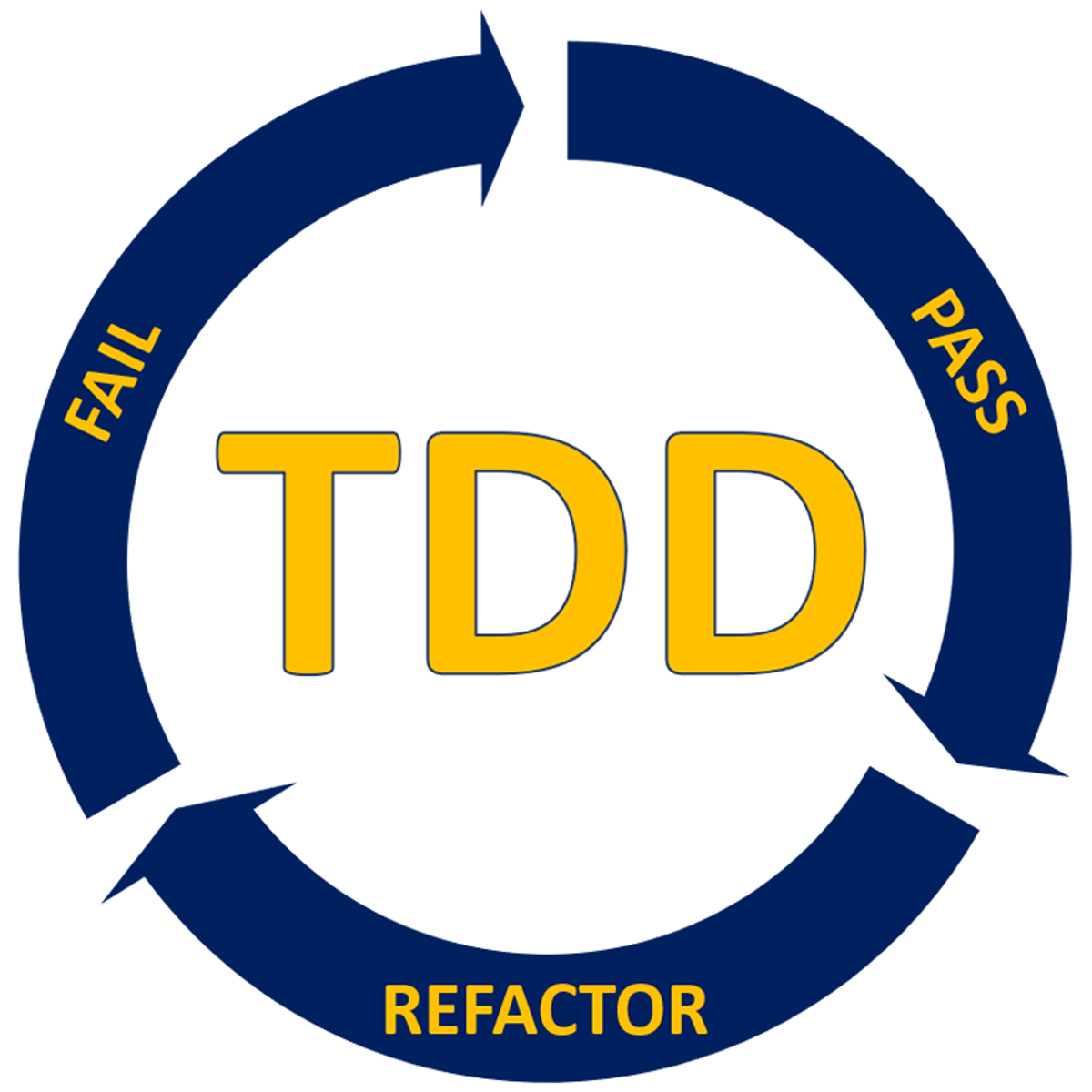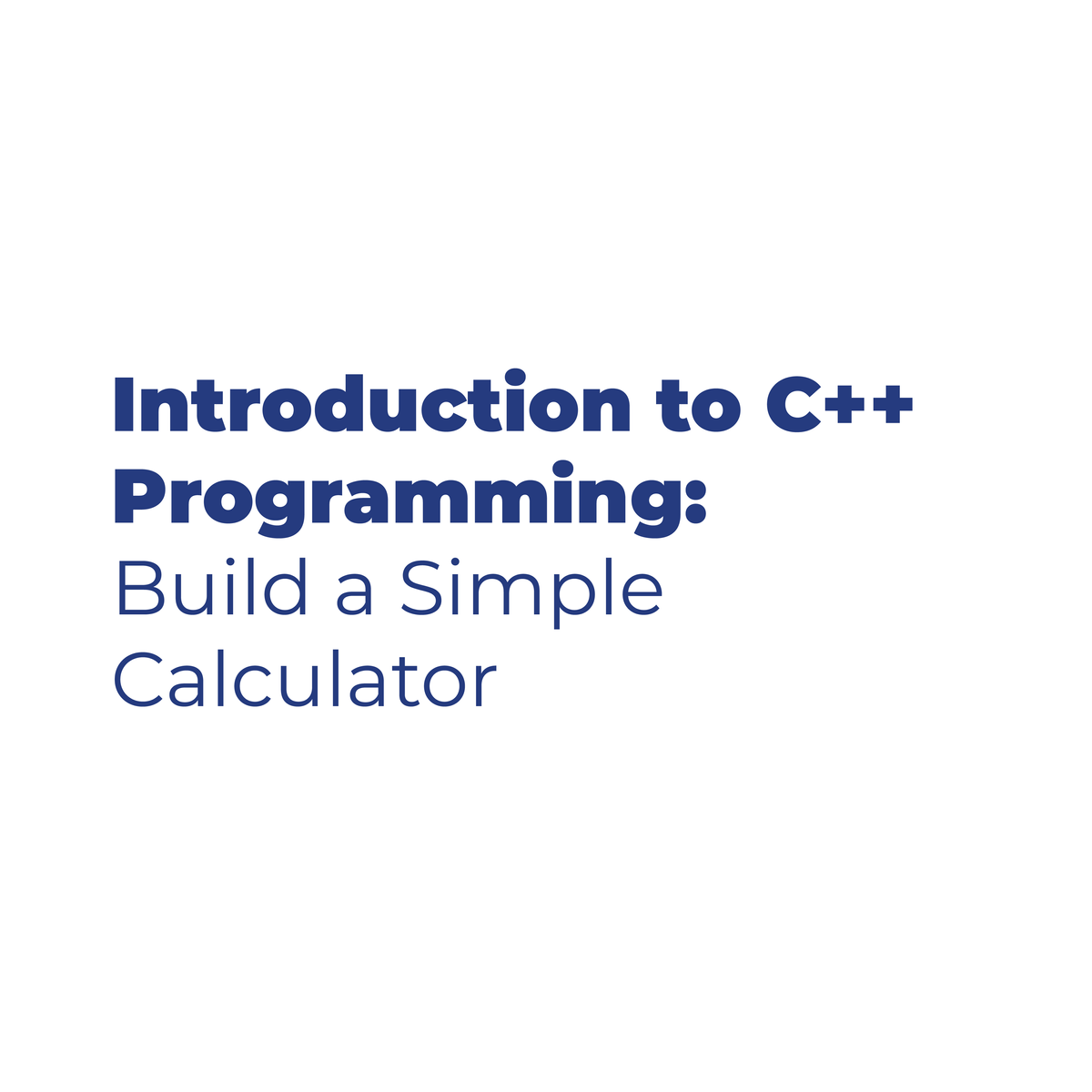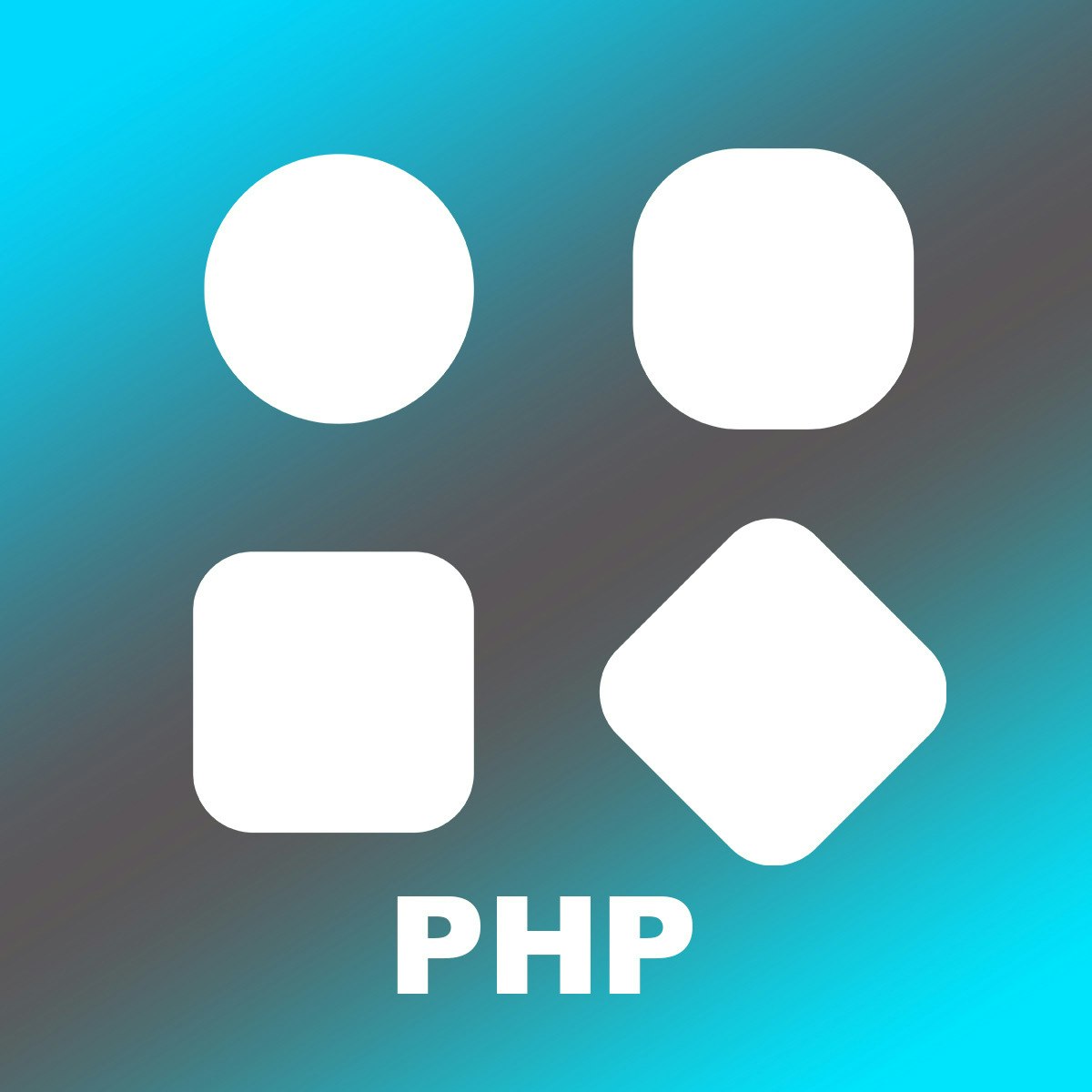Back to Courses









Software Development Courses - Page 108
Showing results 1071-1080 of 1266

Test-Driven Development Project: Random Person Generator
In this course, we will apply skills related to test-driven development in a capstone project. This will test your ability to use exception handling, mock objects, and unit tests in a TDD lifecycle. After completion, you'll have a portfolio piece program that demonstrates you have a solid understanding of all concepts related to TDD!

Advanced R Programming
This course covers advanced topics in R programming that are necessary for developing powerful, robust, and reusable data science tools. Topics covered include functional programming in R, robust error handling, object oriented programming, profiling and benchmarking, debugging, and proper design of functions. Upon completing this course you will be able to identify and abstract common data analysis tasks and to encapsulate them in user-facing functions. Because every data science environment encounters unique data challenges, there is always a need to develop custom software specific to your organization’s mission. You will also be able to define new data types in R and to develop a universe of functionality specific to those data types to enable cleaner execution of data science tasks and stronger reusability within a team.

API Development on Google Cloud's Apigee API Platform
"In this course, you learn how to create APIs that utilize multiple services and how you can use custom code on Apigee. You will also learn about fault handling, and how to share logic between proxies. You learn about traffic management and caching. You also create a developer portal, and publish your API to the portal. You learn about logging and analytics, as well as CI/CD and the different deployment models supported by Apigee.
Through a combination of lectures, hands-on labs, and supplemental materials, you will learn how to design, build, secure, deploy, and manage API solutions using Google Cloud's Apigee API Platform. This is the third and final course of the Developing APIs with Google Cloud's Apigee API Platform course series."

Create a simple queue of names using Java
The learner will use a simple queue to create a list with names, using manually created Queue operations such as enqueue, dequeue, peek, size and print methods. The learner will also implement the pre-defined LinkedList class to perform operations on a queue.

Streaming HL7 to FHIR Data with Healthcare API
This is a self-paced lab that takes place in the Google Cloud console.
In this lab, you will explore some of the features of Cloud Healthcare API (HCAPI) to stream HL7v2 messages into HCAPI datastores and convert HL7v2 to FHIR and import the FHIR data into BigQuery for analytical use.

Motion Planning for Self-Driving Cars
Welcome to Motion Planning for Self-Driving Cars, the fourth course in University of Toronto’s Self-Driving Cars Specialization.
This course will introduce you to the main planning tasks in autonomous driving, including mission planning, behavior planning and local planning. By the end of this course, you will be able to find the shortest path over a graph or road network using Dijkstra's and the A* algorithm, use finite state machines to select safe behaviors to execute, and design optimal, smooth paths and velocity profiles to navigate safely around obstacles while obeying traffic laws. You'll also build occupancy grid maps of static elements in the environment and learn how to use them for efficient collision checking. This course will give you the ability to construct a full self-driving planning solution, to take you from home to work while behaving like a typical driving and keeping the vehicle safe at all times.
For the final project in this course, you will implement a hierarchical motion planner to navigate through a sequence of scenarios in the CARLA simulator, including avoiding a vehicle parked in your lane, following a lead vehicle and safely navigating an intersection. You'll face real-world randomness and need to work to ensure your solution is robust to changes in the environment.
This is an intermediate course, intended for learners with some background in robotics, and it builds on the models and controllers devised in Course 1 of this specialization. To succeed in this course, you should have programming experience in Python 3.0, and familiarity with Linear Algebra (matrices, vectors, matrix multiplication, rank, Eigenvalues and vectors and inverses) and calculus (ordinary differential equations, integration).

Introduction to Java and Object-Oriented Programming
This course provides an introduction to the Java language and object-oriented programming, including an overview of Java syntax and how it differs from a language like Python. Students will learn how to write custom Java classes and methods, and how to test their code using unit testing and test-driven development. Topics include basic data structures like Arrays and ArrayLists and overloading methods.

Create a C# UI on Linux using MonoDevelop
By the end of this project you will create a C# GTK# UI application using the Mono library and MonoDevelop IDE using a GTK# project.
MonoDevelop is an IDE that allows development of C# on the Linux operating System. It is also used as the underlying project for Visual Studio for Mac and is used for cross-platform C# application development on Mac, Linux and the Windows Operating Systems.
Note: This course works best for learners who are based in the North America region. We’re currently working on providing the same experience in other regions.

Introduction to C++ Programming: Build a Calculator
By the end of this project, you will be able to create a simple calculator as well as an advanced one, which will be achieved by learning the basic concepts of C++ such as variables, DataTypes, if conditions, and more programming concepts. By applying these concepts you can also create programs that users can interact with. These programming concepts can also be applied using other Programming Languages such as Java and Python, not just C++.
Note: This course works best for learners who are based in the North America region. We’re currently working on providing the same experience in other regions.

Learn Object-Oriented Programming with PHP
Learn Object-Oriented Programming with PHP.
Popular Internships and Jobs by Categories
Browse
© 2024 BoostGrad | All rights reserved


